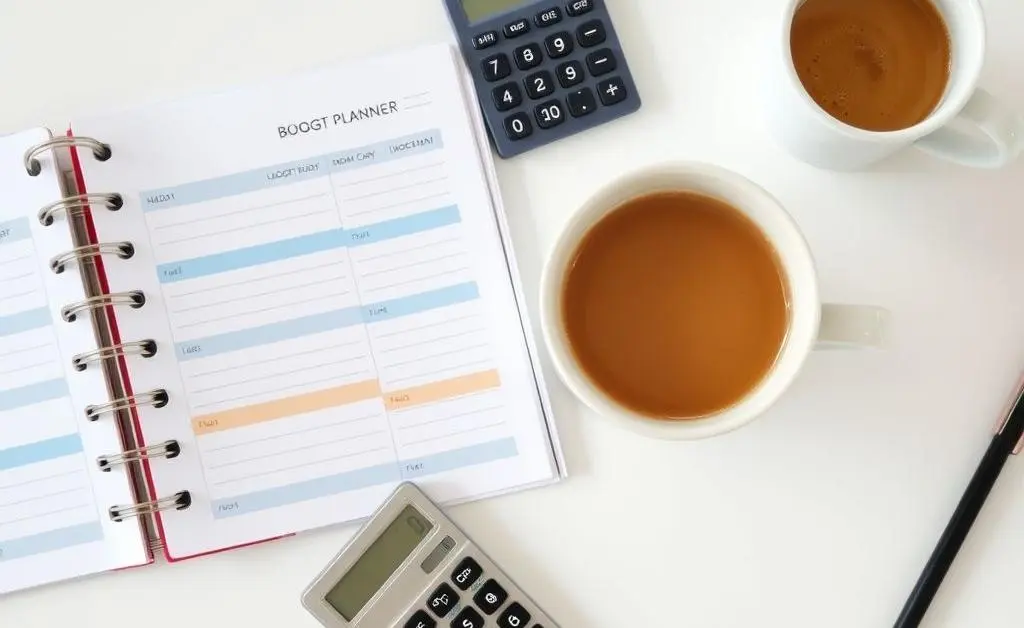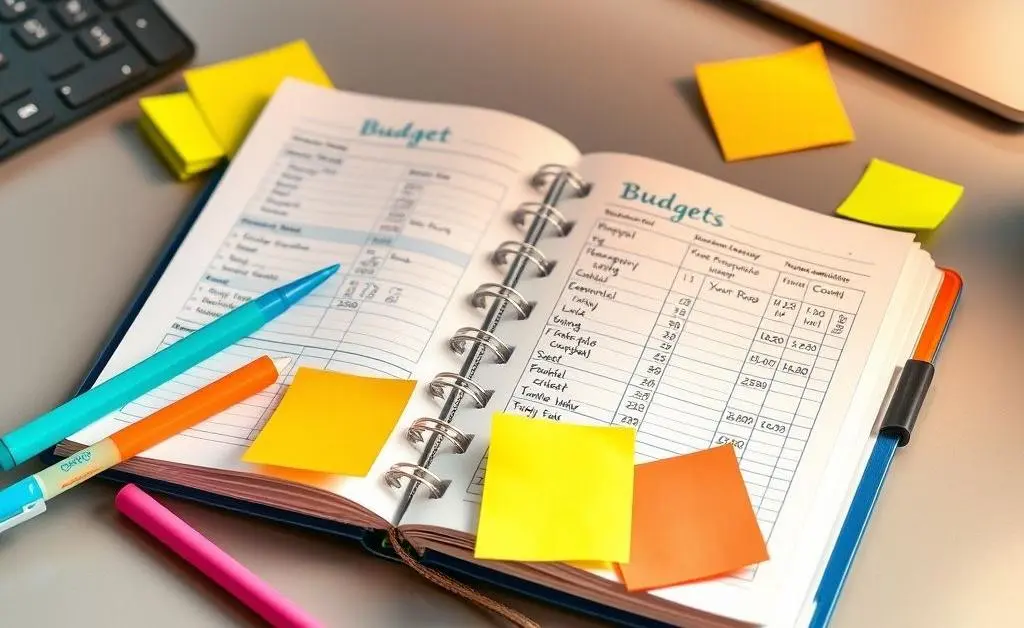Building Your Rainy Day Fund: A Simple Guide to Financial Peace
Learn how to build a rainy day fund and enjoy greater financial peace of mind.

Why a Rainy Day Fund is Your Financial Umbrella
Do you ever wish you had a magical safety net for life's unexpected storms? Whether it's an unexpected car repair or a temporary job loss, having a rainy day fund can be your financial safety umbrella. Creating this fund may seem daunting, but don’t worry—it's more achievable than you think.

Getting Started: How Much Should You Save?
So, how much should you aim to save? Experts typically recommend setting aside three to six months' worth of living expenses. However, if that seems overwhelming, start small. Even $500 can make a significant difference in an emergency.
- Begin by setting a small, achievable goal—say, $100 per month.
- Adjust your budget to prioritize saving.
- Celebrate small milestones to keep motivated.
Finding Space in Your Budget
Feel like there’s no room in your budget to save? It’s a common struggle. Try reviewing your monthly expenditures. Subscriptions you no longer need or dining out less frequently can free up significant resources for your rainy day fund.
Consider implementing a system that rounds up your debit card purchases to the nearest dollar, automatically transferring the difference to savings. These small amounts can accumulate without you even noticing!

The Story of Sam: An Example of Success
Meet Sam, who once dreaded unexpected expenses. Sam began saving $50 a month in a dedicated savings account, skipping one restaurant visit each month to make it happen. Fast forward a year: Sam had saved over $600, allowing him to cover a surprise car repair without stress.
A Few Helpful Tools
To make saving easier, consider using apps designed to automate savings. Most banks offer a feature to set up automatic transfers to savings accounts, tremendously simplifying the process.
There are also various online platforms to track your spending, helping you identify areas to cut back. This clarity can be eye-opening and empower you to achieve your savings goals.

Ready to Start Your Financial Journey?
Now that you’re armed with these tips, it's time to start building your rainy day fund. Imagine the peace of mind knowing you're prepared for whatever life throws your way. What's your first step towards financial security?




